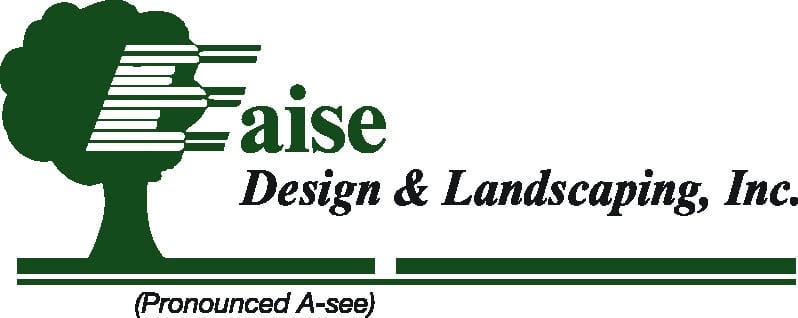If you’re looking to spruce up your landscaping, you may be wondering whether to use mulch or stone. It’s a good question! Both have their advantages and disadvantages, and both can look absolutely incredible.
Before we dig into the pros and cons to help with your decision making process, here’s a quick summary. Mulch is an organic addition to your landscaping, meaning that it’s non-permanent, breaks down, and feeds the soil over time. It’s a complement, if you will. If you’re okay with ongoing maintenance, care, and replacement on a seasonal basis, mulch is likely the right fit.
If, on the other hand, you don’t mind a higher upfront cost and prefer as little maintenance as possible, plus zero benefit for your soil or plant health, stone is your product. For example, if you’re on the hunt for a “set it and forget it” border around your foundation, stone is the right choice over mulch. But, for a beautiful flower bed around your favorite tree in the front yard? Go with mulch.
As landscape design professionals, we know that your goals might not fit quite so neatly into these distinct categories, so here’s a deeper breakdown of the pros and cons of stone vs. mulch. Happy reading!
Mulch Pros
- Moisture Retention – Mulch helps to retain moisture in the soil, which is beneficial for plants during dry periods.
- Soil Protection – Mulch acts as a protective layer over the soil, shielding it from harsh weather conditions such as heavy rain, wind, and direct sunlight.
- Nutrient Enhancement – Organic mulch, such as wood chips, can break down over time, adding nutrients to the soil and improving overall soil quality.
- Weed Suppression – Mulch can help suppress weed growth by blocking sunlight from reaching the soil.
Mulch Cons
- Need for Replacement – Mulch needs to be replenished periodically to maintain its effectiveness.
- Attraction of Pests – Organic mulch can attract insects and other pests, such as termites, which can damage plants and structures.
- Fungal Growth – Certain types of mulch can promote the growth of fungi that leads to plant diseases.
Stone Pros
- Longevity – Stone is a long-lasting material that doesn’t need to be replaced as frequently as mulch.
- Low Maintenance – Once installed, stone requires very little maintenance.
- Fire Resistance – Stone is fire-resistant, making it a good choice for areas prone to wildfires.
- Pest Resistant – Stone does not attract pests like termites or ants.
Stone Cons
- Heat Absorption – Stone can absorb and radiate heat, which can be harmful to plants during hot weather.
- Soil Compaction – Stone can compact the soil, making it difficult for water and nutrients to reach plant roots.
- Weeds – Although stone can help to suppress weed growth, it’s not as effective as mulch.
FAQ
Q: Can I mix mulch and stone in my landscaping?
A: Yes, you can. In fact, combining the two can create an attractive and functional landscaping design.
Q: How much mulch or stone do I need for my landscaping?
A: The amount you need will depend on the size of your landscaping area and the depth of coverage you desire. Here’s a helpful overview we put together: How To Determine The Right Depth And Type Of Mulch For Your Garden Bed.
Q: Is one type of mulch or stone better than another?
A: There is no definitive answer to this question, as the best type of mulch or stone will depend on your specific needs and preferences. Some popular types of mulch include wood chips, straw, and shredded leaves, while stone options include gravel, river rock, and crushed stone.
What’s the takeaway? It all comes down to your goals, aesthetic preferences, and the level of upkeep and permanence you’re comfortable with. And if you’re still stumped, feel free to contact us at Eaise Design & Landscaping. We’d love to help you discuss your New Jersey landscaping project, picking just the right materials along the way.
